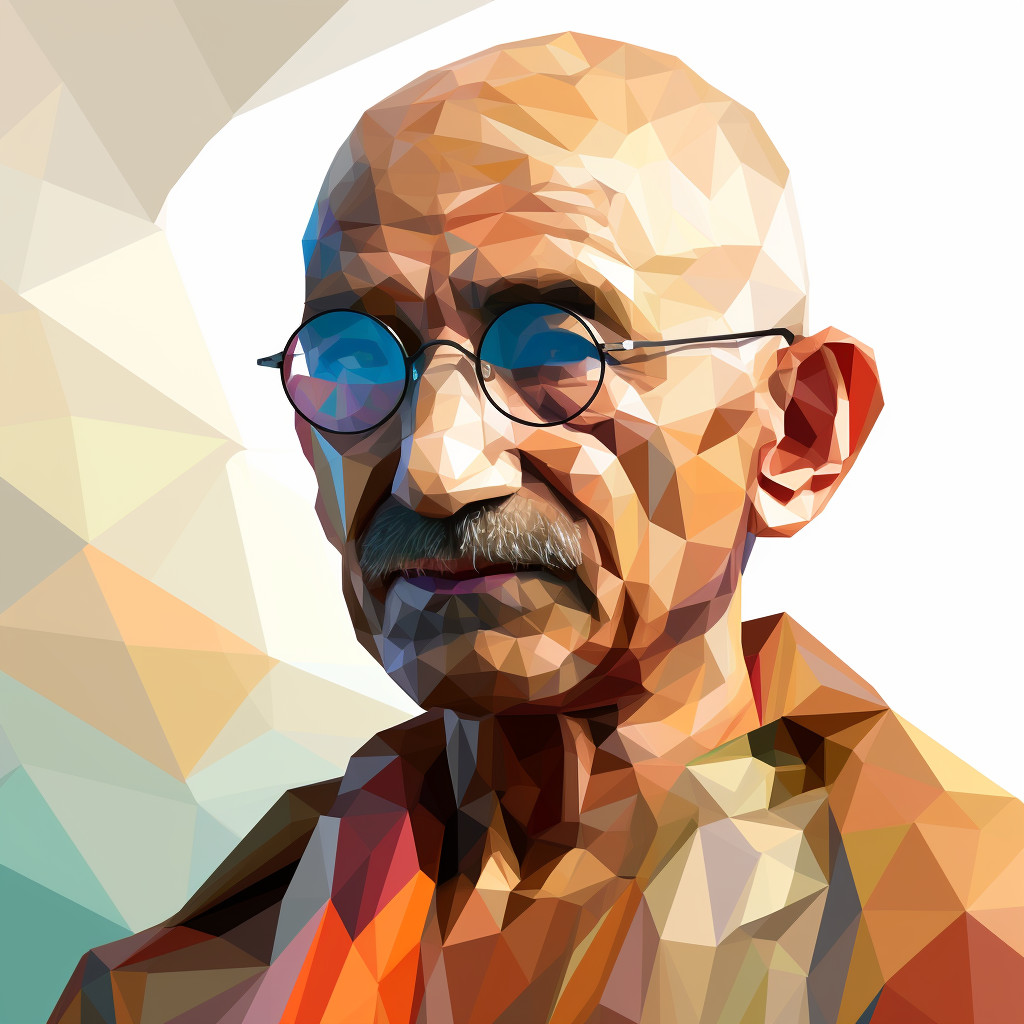This quote essentially means that to embark on a spiritual journey, one must first conquer their fears. Fearlessness here does not imply the absence of fear, but rather the ability to recognize, confront, and overcome one’s fears. The concept of fearlessness in spirituality is about having the courage to question one’s beliefs, confront one’s ego, and face the unknown. It’s about having the audacity to seek truth, even if it challenges the status quo or one’s comfort zone.
The second part of the quote suggests that moral courage is a byproduct of fearlessness. In other words, one cannot truly be moral if they are controlled by their fears. Being moral often requires standing up for what is right, even when it’s unpopular or risky. Hence, cowards, who are unable to face their fears, cannot truly uphold morality.
In today’s world, this idea is incredibly relevant. We live in a time of rapid change and uncertainty, where old beliefs are constantly being challenged. Fearlessness is required to navigate this landscape, to question old paradigms and seek new truths. It’s also needed to stand up against injustice and immorality, which are unfortunately still prevalent.
In terms of personal development, this quote can be a powerful guiding principle. It encourages us to confront our fears, whether they’re fears of failure, rejection, or even success. It pushes us to question our beliefs and assumptions, and to seek growth and truth. It also reminds us that true morality isn’t about following rules, but about having the courage to do what’s right, even when it’s difficult.





